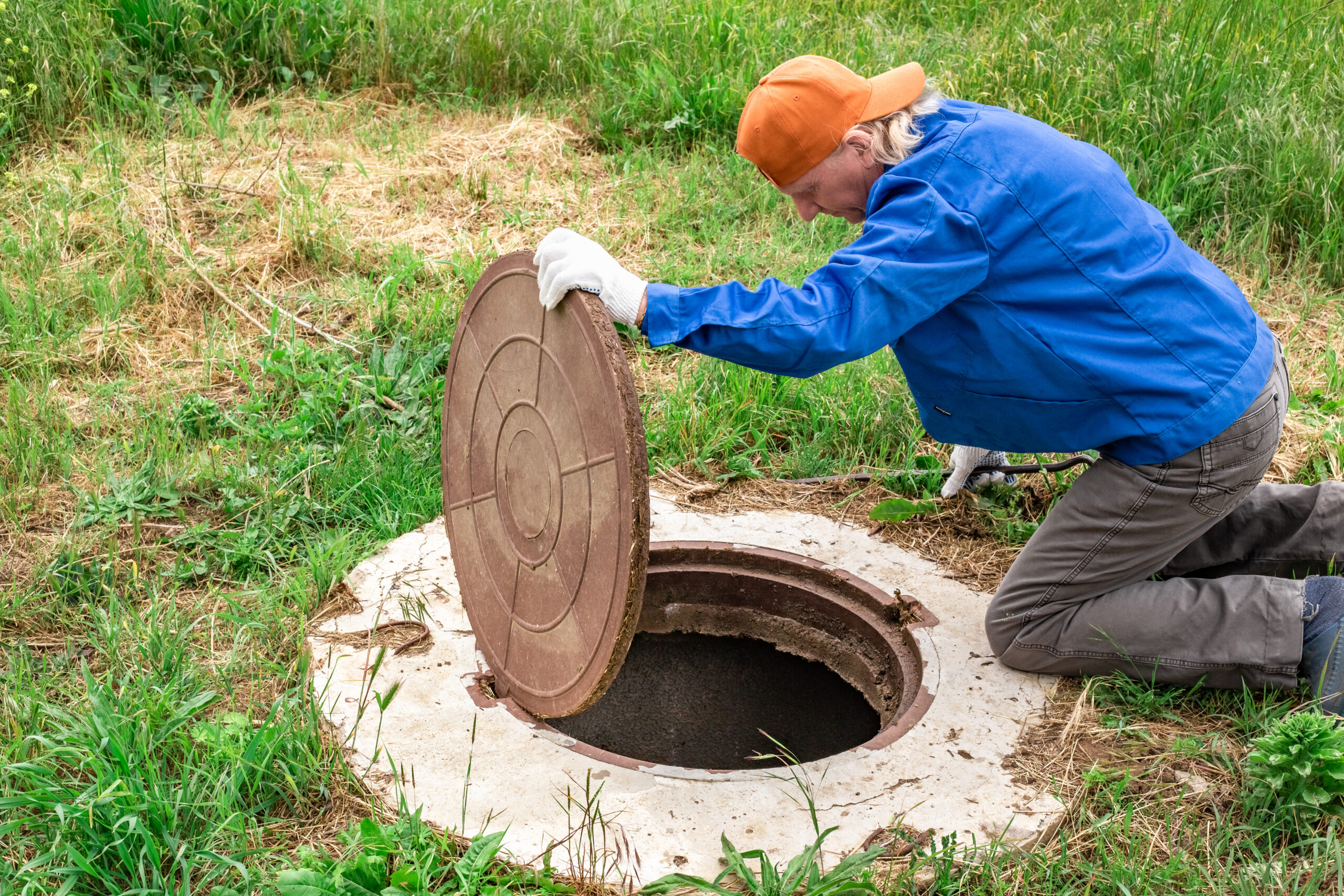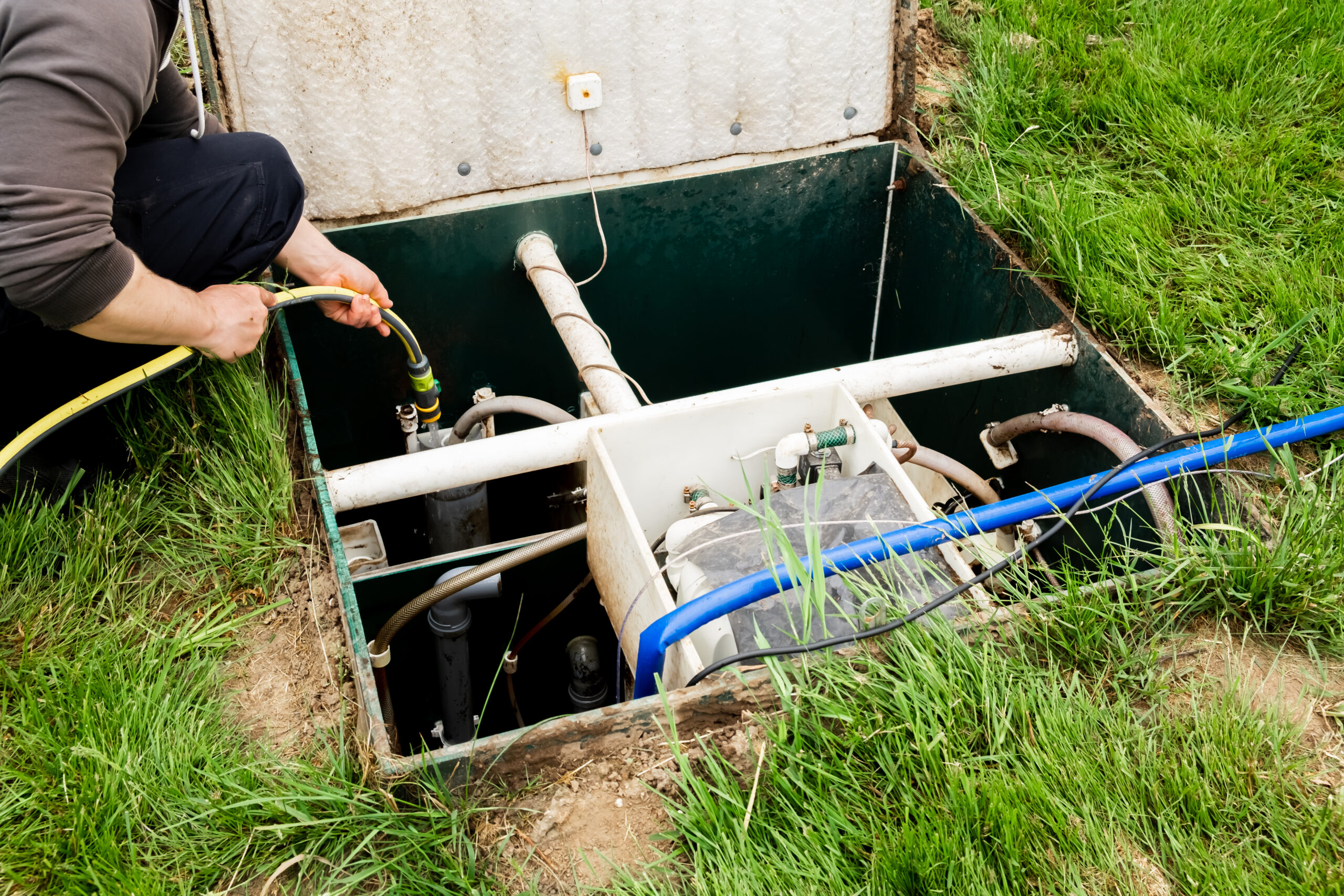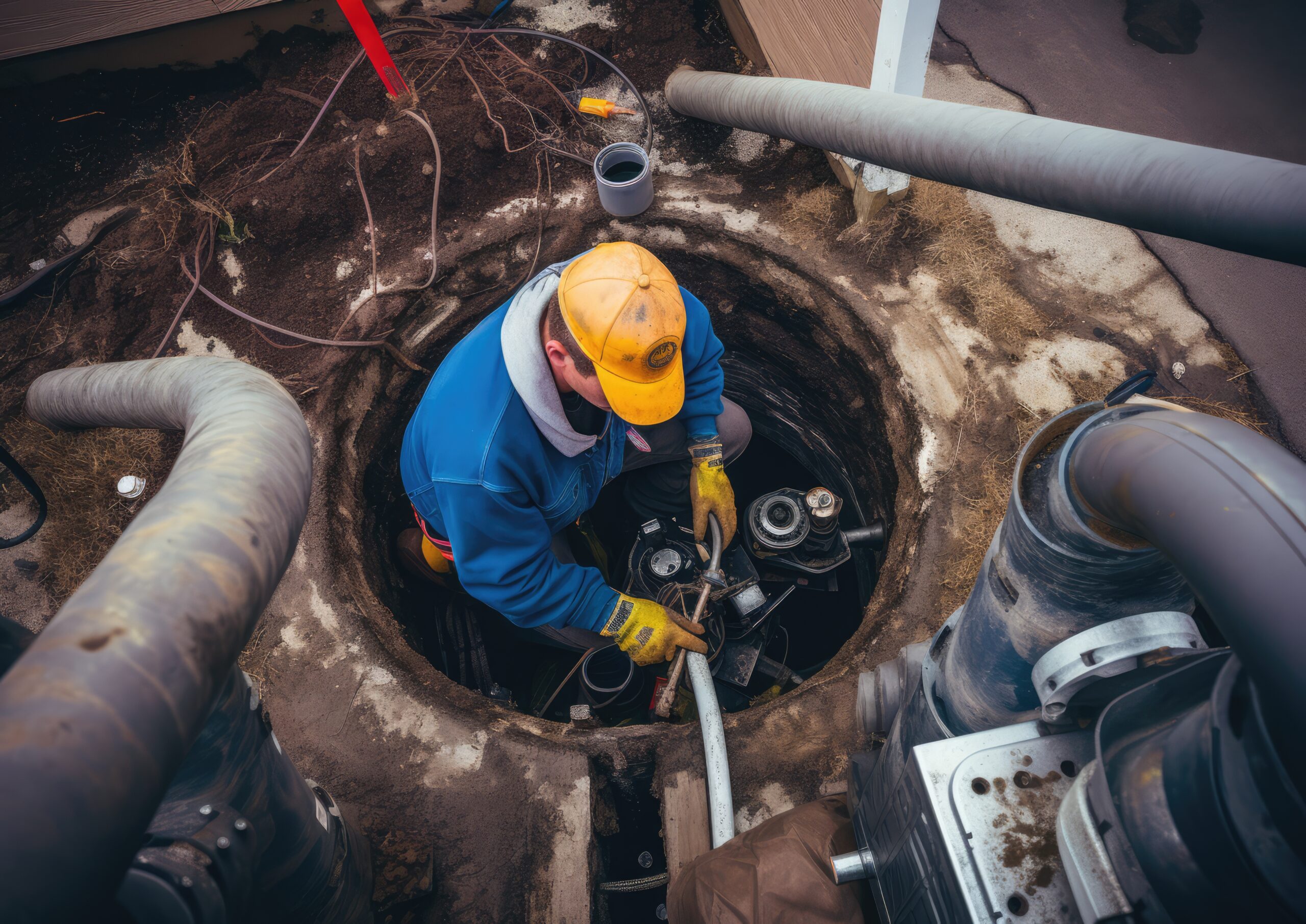Heavy rain can overwhelm your property’s drainage system and affect the proper function of your septic system when conditions worsen. Every home with a private wastewater system must understand how storms impact buried infrastructure and cause expensive, long-term damage if left unaddressed. When downpours occur, rainwater saturates the surrounding soil, interfering with the natural filtration process that safely treats household wastewater below ground. This makes storm preparedness essential because septic problems often go unnoticed until foul odors, backups, or visible yard flooding appear suddenly.
How Heavy Rain Affects Your Septic System’s Natural Processes
During storms, excess water can raise groundwater levels and saturate soil, reducing the ability of your septic system to drain. Instead of wastewater being naturally filtered through soil layers, liquids may back up toward your home or seep untreated into your yard. If this occurs, harmful bacteria and contaminants can reach nearby streams or wells, creating risks for your household and the environment. This is why septic professionals strongly recommend monitoring weather patterns, drain field conditions, and water usage habits during and after rainfall. Proper awareness ensures homeowners quickly identify developing issues before costly emergencies spiral beyond control.
Warning Signs of Septic System Problems During Rainstorms
Homeowners should watch for specific warning signs that suggest their septic system is experiencing overload caused by heavy or prolonged rainfall. Slow drains throughout the house, gurgling pipes, or foul odors indoors may all indicate that wastewater is struggling to move correctly. In the yard, wet patches, bubbling water, or unusually green grass around the drain field are red flags of trouble. Backups into sinks, toilets, or bathtubs during storms signal serious pressure buildup that requires immediate inspection by trained professionals. Without septic tank maintenance, saturated soil from storms can push untreated sewage back into your home. Recognizing these issues early allows faster intervention, preventing untreated sewage from spreading into your soil, groundwater, or property foundations.
Protecting Your Septic System Before and After A Downpour
The most effective way to safeguard your system is through preventive care and reducing strain on wastewater processes when weather shifts unexpectedly. Conserve water before, during, and after storms by spacing out laundry loads, dishwashing cycles, and high water-usage tasks to limit tank stress. Ensure roof gutters and surface drains redirect rainwater away from the drain field, preventing additional soil saturation around your septic system during downpours. After rain, check your yard for lingering soggy patches, which may reveal saturation issues that need professional inspection immediately. Scheduling routine service with experienced providers like Septic Masters ensures systems remain resilient under heavy rainfall conditions.
Why Professional Inspections Matter After Storms
Even when your system appears to function normally, heavy rainfall can silently weaken underground soil absorption and tank stability over time. Professional inspections ensure any hidden saturation damage is caught before it escalates into severe blockages, groundwater contamination, or expensive tank repairs. Technicians have tools to measure liquid levels, assess drain field performance, and verify wastewater is dispersing effectively after major storms. Partnering with local experts guarantees peace of mind because proper care keeps your septic infrastructure reliable for years, despite unpredictable climate challenges. Septic systems work best when maintained through vigilance, proactive behavior, and timely expert guidance following unusual weather events.
Conclusion
Heavy rainfall can overwhelm any private wastewater setup, making homeowners responsible for protecting infrastructure that quietly sustains health, property, and water safety. By understanding how storms impact processes, recognizing early warning signs, and scheduling professional guidance, you reduce risks of contamination or costly damage. Septic Masters and other specialists provide tailored solutions that strengthen resilience, ensuring homes remain safe, clean, and fully functional during extreme weather. Taking proactive action today prevents avoidable disasters tomorrow, keeping your septic system strong enough to withstand the challenges nature inevitably delivers to homeowners everywhere.
Don’t wait for the storm, call Septic Masters today and protect your system before heavy rain strikes!




